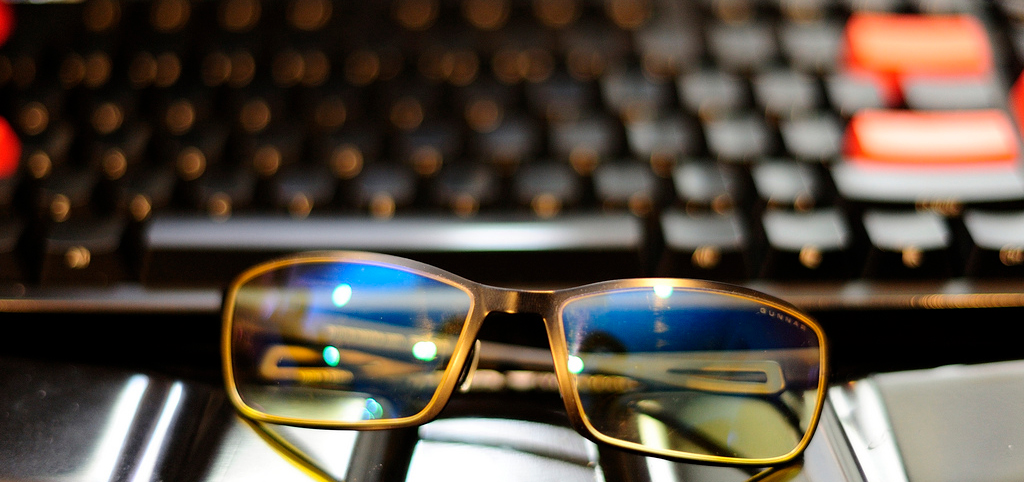The federal government needs antivirus and malware protection at least as much as any other large organization, if not more. But now, after first stopping new purchases, and then asking private business to cut ties, the feds are officially blocking any government use of Kaspersky Lab products, citing security concerns over the company’s reported ties to the Kremlin. [More]
russia

Best Buy Pulls Controversial Kaspersky Security Products
In the modern era, it’s always worthwhile to consider how to protect your systems from unwanted, malicious actors. Kaspersky Labs’ software has been a popular option for doing just that for close to two decades now — but after increasing scrutiny of their founder’s potential ties to the Kremlin, one major retailer has decided to stop selling their security suite. [More]
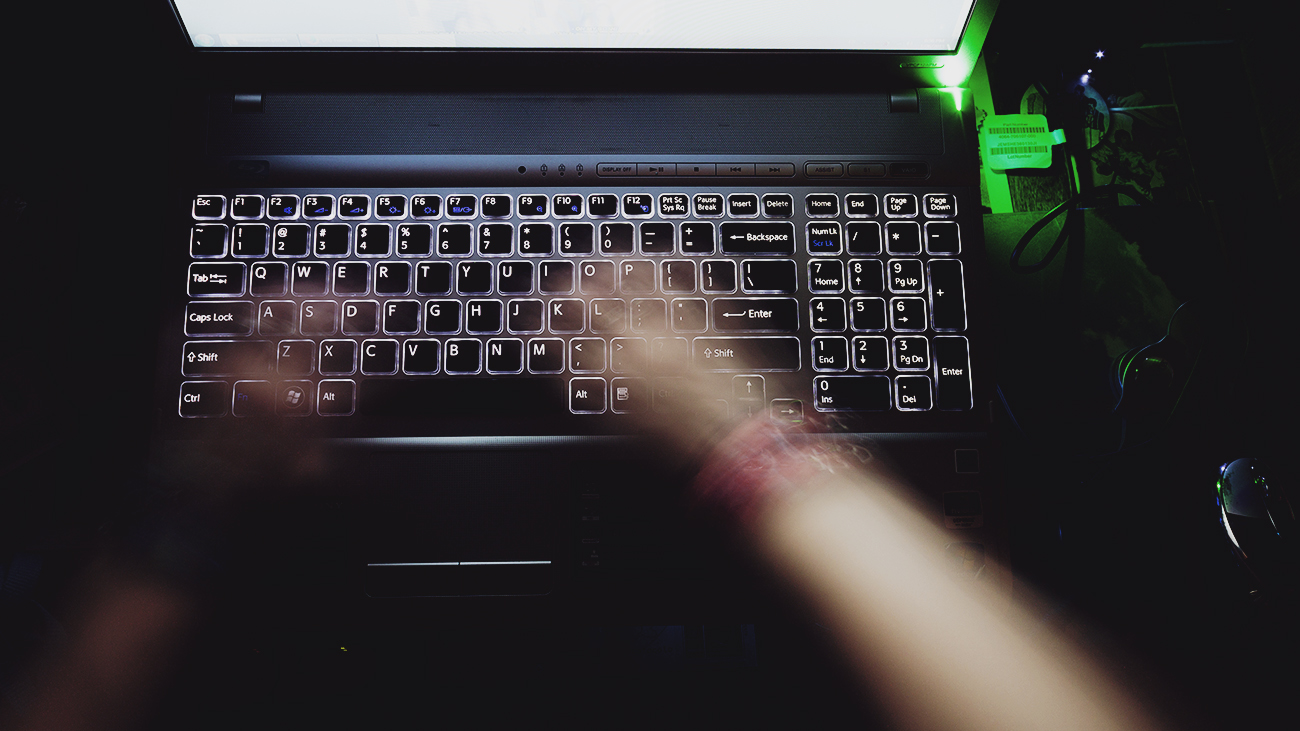
Report: FBI Asks Private Sector Companies To Stop Using Kaspersky Products
Obviously, it’s best practice to use antivirus and malware protection on anything you have that can connect to a network — and that goes double for businesses. But a new report says that the FBI is now asking several companies in the private sector to phase out use of products from Kaspersky Labs over concerns about the founder’s Russian background and ties. [More]

Feds Stop Using Kaspersky Antivirus Over Reported Russian Connection; States May Stick With It
Having an antivirus program and malware prevention suite on your computer is a good idea. A great idea, in fact. Everyone should have one, especially businesses and government agencies. But now one security company, Kaspersky Lab, is under fire for its Russian connections — leaving local, state, and federal agencies figuring out what to do next. [More]
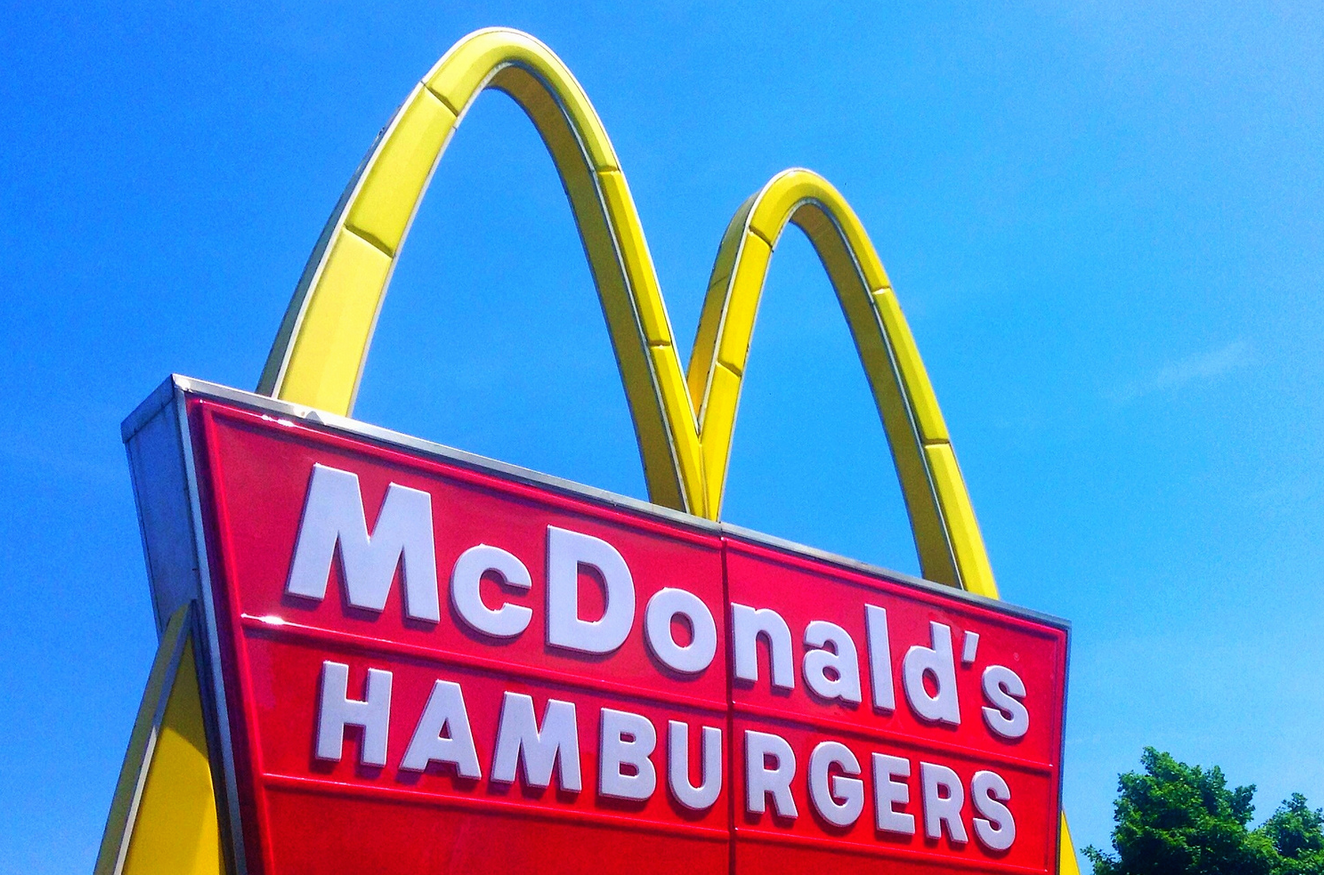
McDonald’s & Other Fast Food Giants Battling For Siberian Customers
When you picture Siberia, you probably imagine a vast, frozen landscape, tucked away in the coldest corner of the globe. You probably don’t picture the Golden Arches lighting up the frigid night, but now even Siberia has several McDonald’s locations — and it’s got plenty of competition for customers. [More]

Access To LinkedIn Now Officially Blocked In Russia
In 2014, the Russian government introduced a law requiring that any online service storing personal data of Russian people must store that particular data within the country’s borders. Today, career-networking site LinkedIn became the first major U.S. website to be blocked because of this new law. [More]
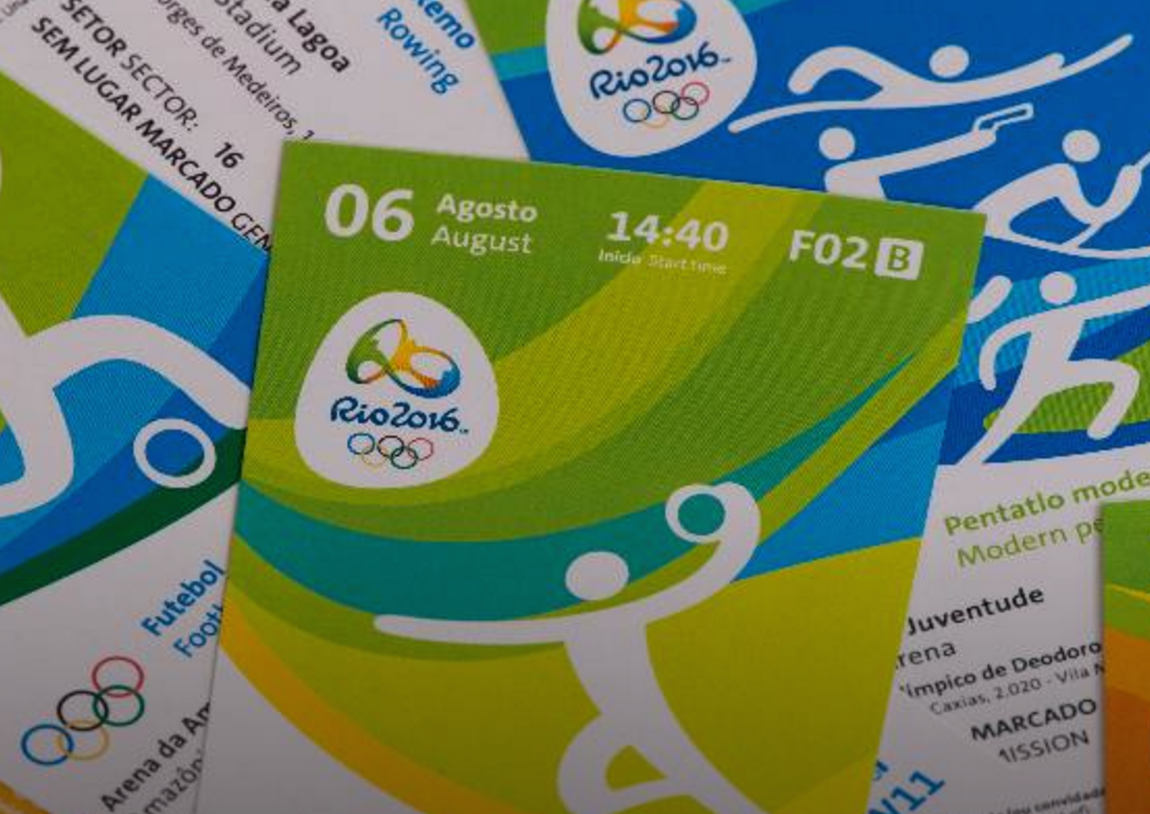
Olympics Committee Considering Ban On All Russian Athletes From Rio Games
A month after an ongoing doping scandal led to Russia’s track and field athletes being barred from competing in the upcoming 2016 Olympics in Rio de Janeiro, the International Olympic Committee says it is looking into its options for enacting a ban on the entire Russian team. [More]

Russia’s Track And Field Team Barred From Rio Olympics Amid Doping Controversy
Bad news for fans of Russia’s track and field who were hoping to watch the team in the Rio Olympics this August, whether in person or on TV: amid a far-reaching doping conspiracy, the global governing body of the games has banned the country’s team from the summer games. [More]

Uber Can Only Use Livery Drivers In Moscow, Motorcycles Confiscated In Bangalore
Ride-hailing app Uber wants to provide transportation services around the world, but taxi service laws are very local, forcing them to fight city by city for each of their services to exist legally. In Moscow and Bangalore this week, cities were able to limit the service’s growth, including confiscating drivers’ motorcycles in India. [More]

Kenya Is Now The World’s 4th Largest Flower Grower
If you give or receive any flowers this Valentine’s Day, they were most likely imported from somewhere with a much warmer climate and lower wages than the United States. On Valentine’s Day, when tradition demands that massive amounts of roses be ready all at once, many of the flowers delivered or aavailable for sale may have come from Kenya, which has a great climate for delivering roses in mid-February, and has less demand from its recent biggest customers. [More]
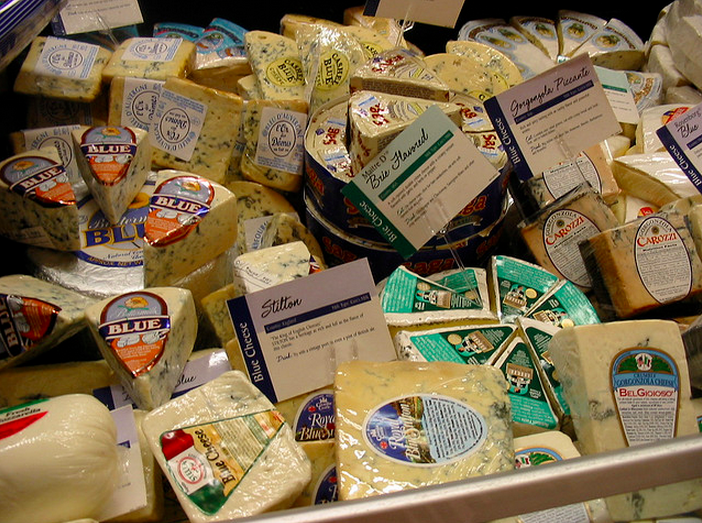
Russian Police Bust $30M International Contraband Cheese Ring
Despite import restrictions that have caused tons of premium cheese to be destroyed in an act of “fromagicide,” people in Russia still want their dairy favorites. And where there’s a demand, there’s bound to be someone willing to provide a supply. As such, police in Russia say they’ve busted an international contraband cheese ring worth an estimated $30 million. That’s a lot of cheddar, eh? (Sorry.) [More]
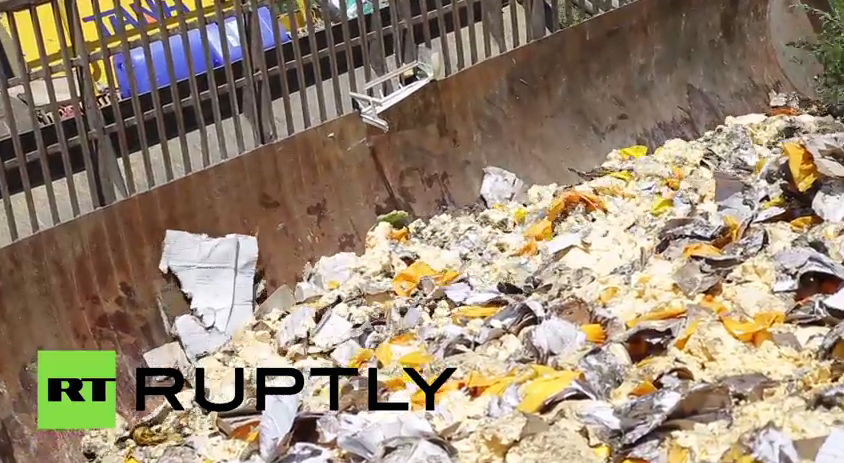
Tons Of Premium Cheese Cruelly Destroyed In Russian “Fromagicide”
Bear with me folks, as I’m currently writing to you through a liquid veil of salty tears: sometimes, when countries aren’t getting along, they impose trade sanctions on each other like import or export bans on certain foods. Which is sad for people in those countries who can’t get their favorite grub. But it’s also sad when tons of premium cheese gets bulldozed and/or incinerated, the victim of trade spats between Russia and Western nations. [More]

No, IKEA Is Not Selling A Rainbow Pillowcase Called “PUTIN”
The Internet, while a vast and varied resource rich in information on innumerable topics, is also a rascally son of a boomerang and will often regurgitate fiction as fact. To that end: Though a photo circulating Twitter yesterday appeared to show a rainbow-striped pillowcase called the “PUTIN” on sale at an IKEA store, the company says it doesn’t sell that particular item anymore and oh yeah, it was never named after the president of Russia. [More]

Report: Russians (Not Just North Korea) Behind Sony Data Hack, Are Still Doing It Right Now
The hack into Sony Pictures was big news late last year, but that was last year. They figured out who did it, fixed the problem, and moved on, right? Wrong, says one analyst firm: not only did Sony finger the wrong bad guys, but the hack is still going on to this day. [More]
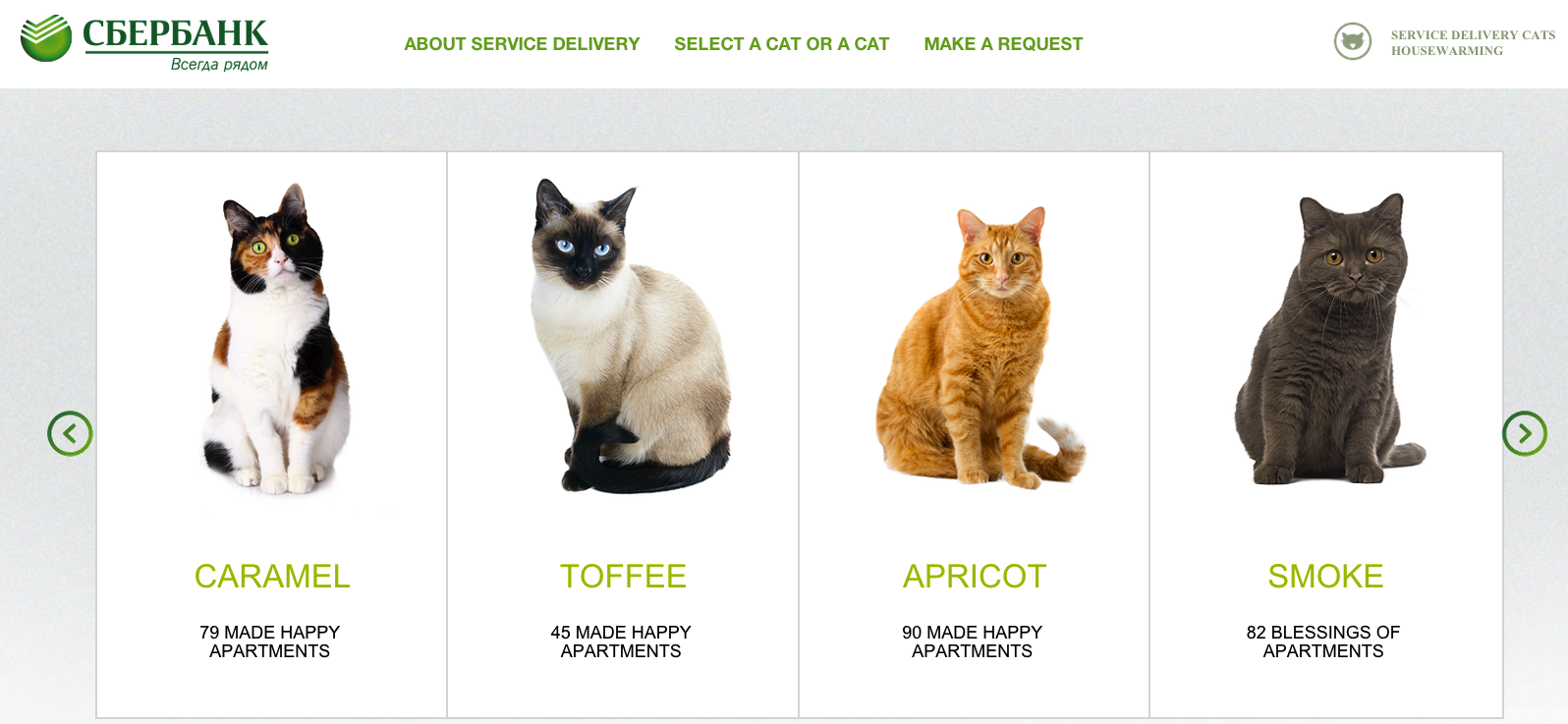
Russia’s Biggest Bank Offering Loaner Cats To Entice Mortgage Borrowers
Because it’s apparently good luck in Russia to let a cat stroll through your new home before you move your stuff in, and because mortgage interest rates have skyrocketed in the country, some employees at the nation’s largest bank are offering to lend out their feline friends to a handful of mortgage borrowers in the coming months. [More]

Chobani Yogurt Meant For Olympic Athletes Will Go To Food Pantries Instead
The brave, chilly athletes representing the United States at the 2014 Winter Olympics in Sochi, Russia certainly need their protein. That’s why Chobani, maker of tasty strained yogurt products, was sending a large shipment of the stuff to Team USA in the Olympic Village. U.S. officials and Chobani lost their standoff with Russian bureaucracy, though, and the yogurt will not be allowed to enter the country. [More]

Our Brave Olympic Athletes Are Still Without Yogurt, But Take Heart: “We’ll Be Able To Adapt”
Despite the best efforts of U.S. politicians like Sen. Chuck Schumer, it appears that the stalled shipment of Chobani Greek yogurt destined for the mouths of American athletes competing in the Winter Olympics in Sochi, Russia is still grounded on our shores. But chin up, fans — even without the helpful protein boost, our brave athletes are forging ahead. [More]
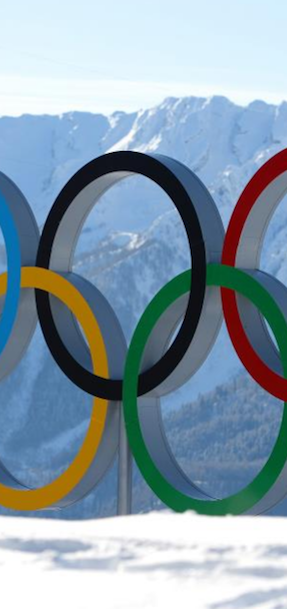
Russian Official To Hotel Critics: We Have Surveillance Videos Of You In The Bathroom
What’s that, Olympic Games attendee? You’ve got a dirty hotel room with beers under the bed in Sochi? Your room has no hot water, or no water at all? Well, your complaints are aimed at trying to sabotage Sochi’s shining moment, said one official in response to Western critics. [More]


